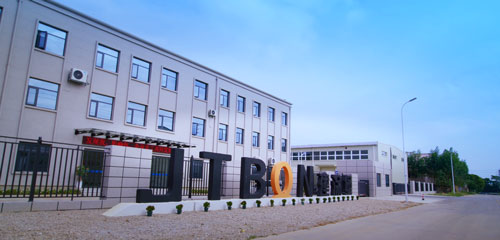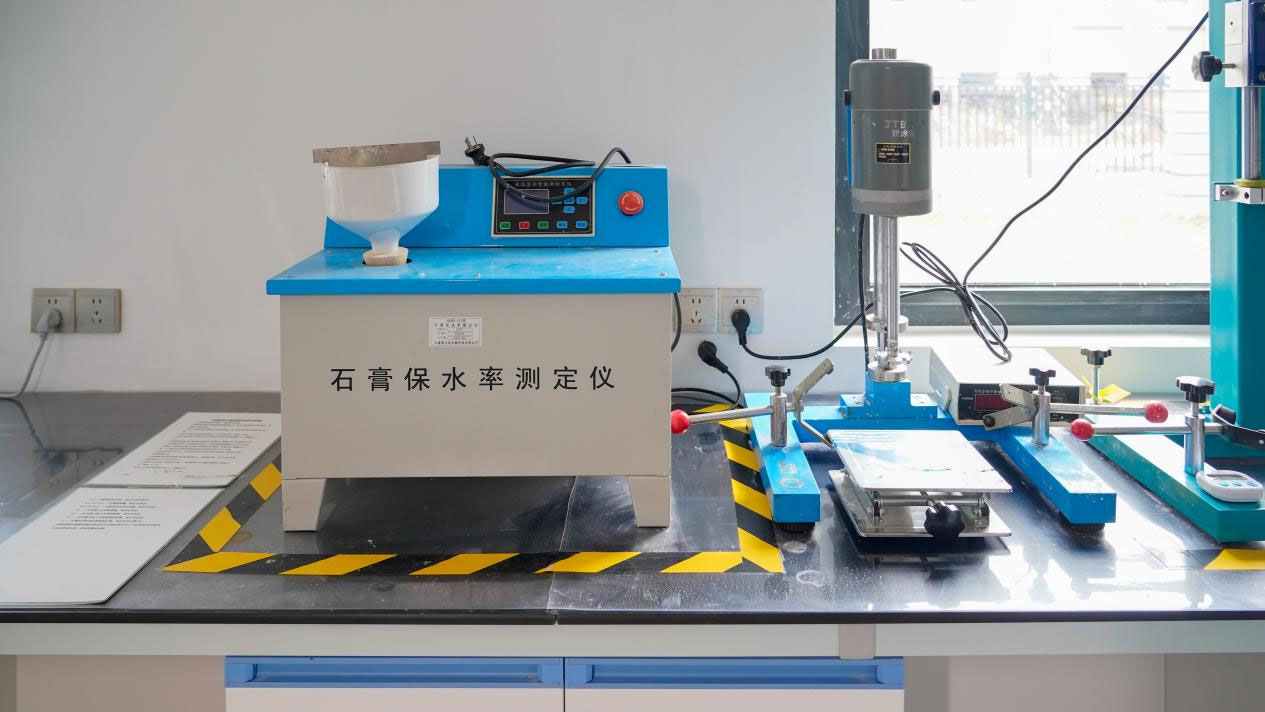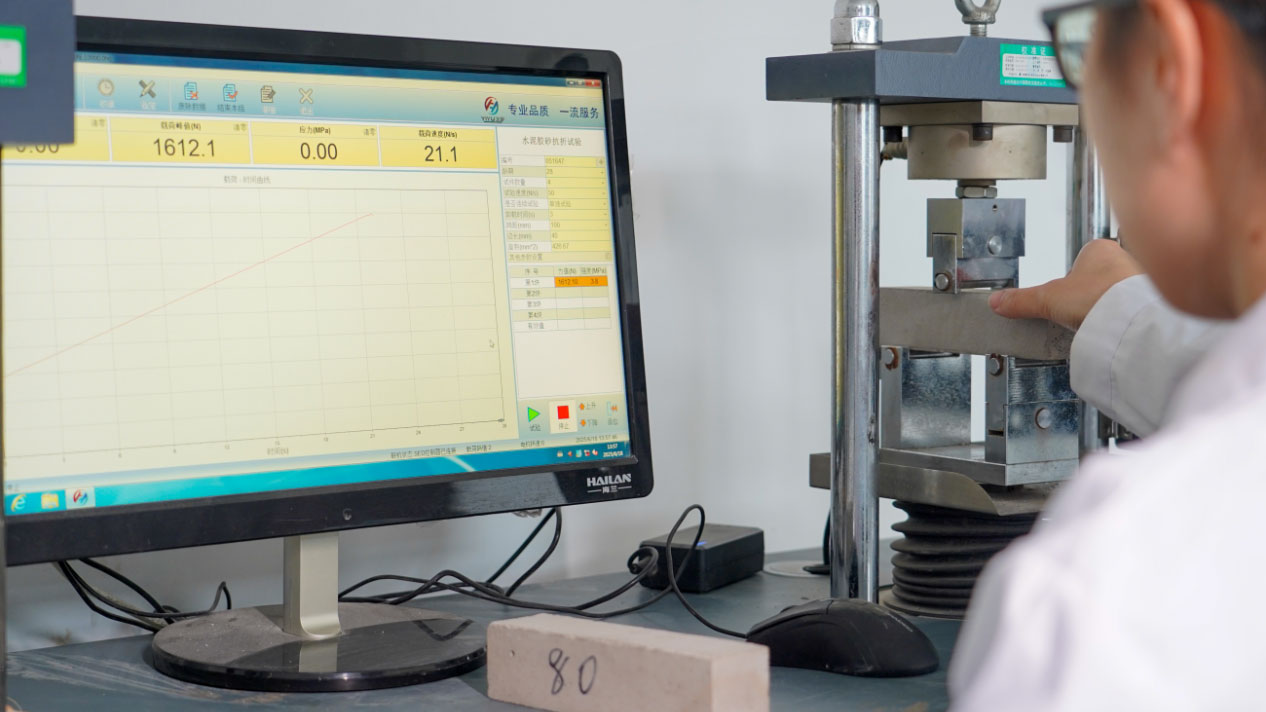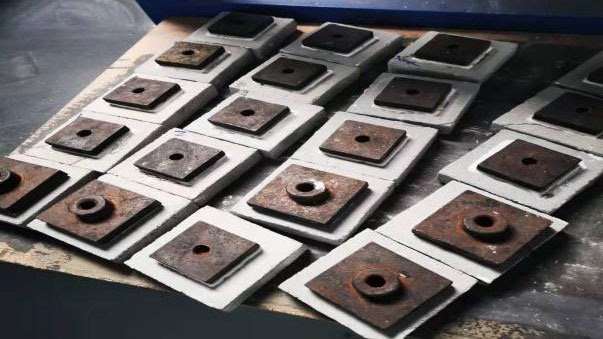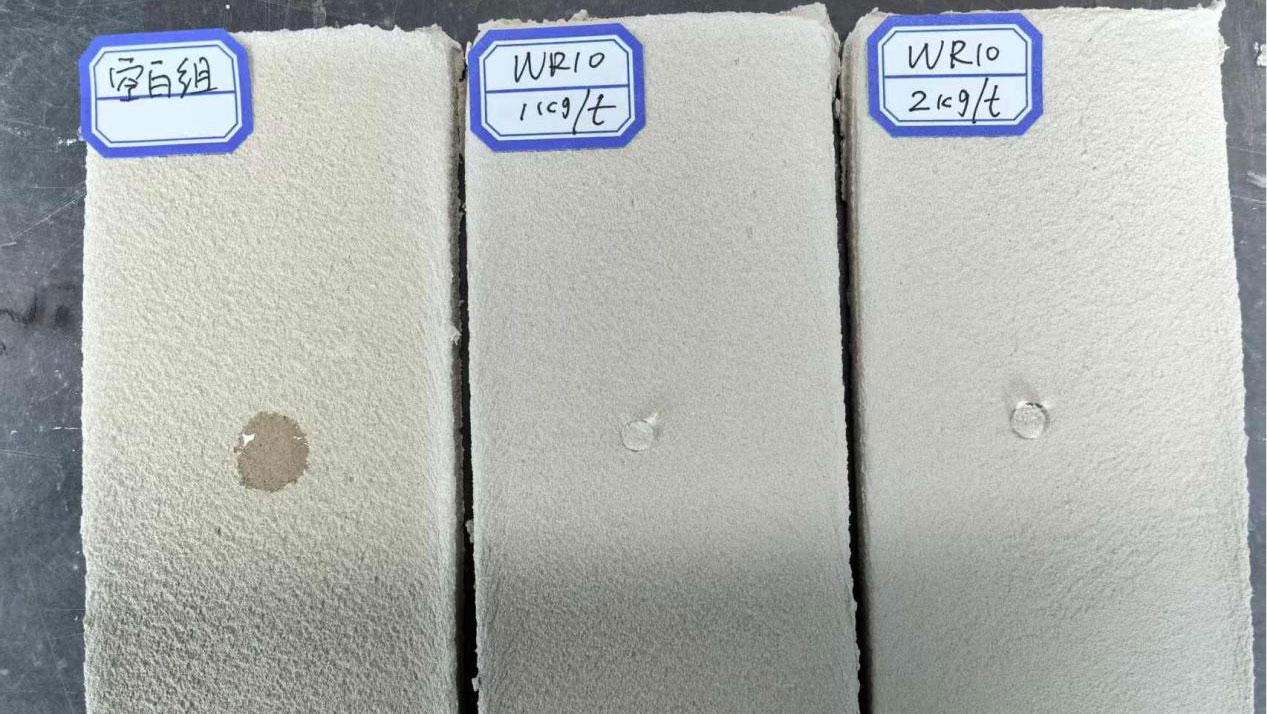Tensile adhesive strength test
The tensile adhesion test evaluates how effectively gypsum-based mortar to its base material. In this procedure, the gypsum plaster is placed onto a surface and allowed to cure under standardized conditions, including thermal exposure. The bonding performance is then measured after 14 and 28 days.
 +86-13760801095
+86-13760801095 Frank@jtbongroup.com
Frank@jtbongroup.com Room 401,Building 18,N0.33,Kefeng Road,Huangpu District,Guangzhou, China
Room 401,Building 18,N0.33,Kefeng Road,Huangpu District,Guangzhou, China




